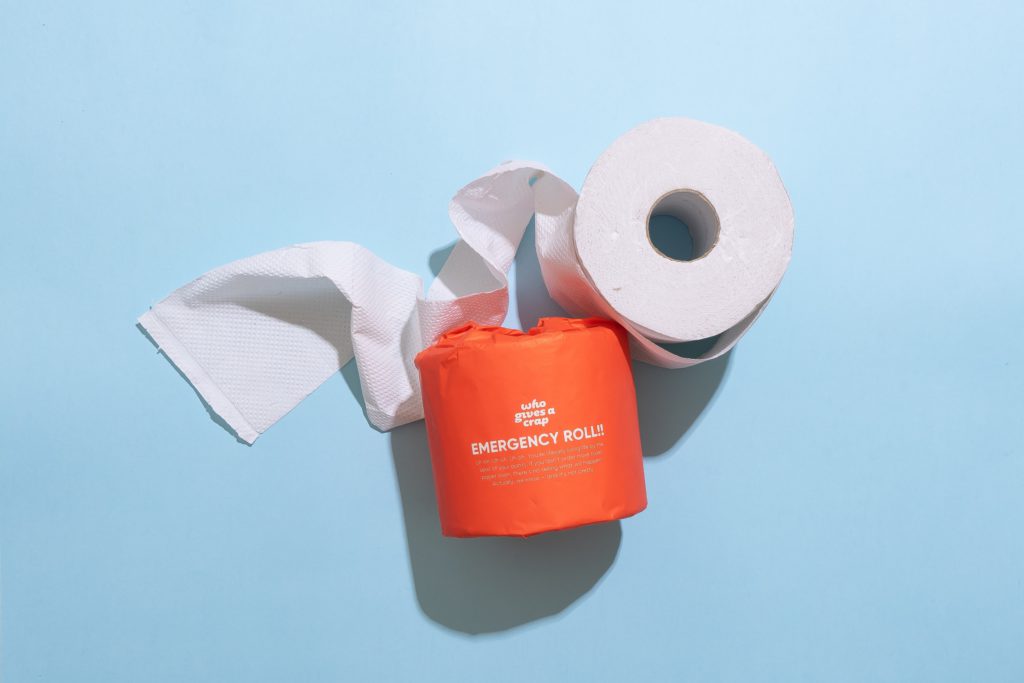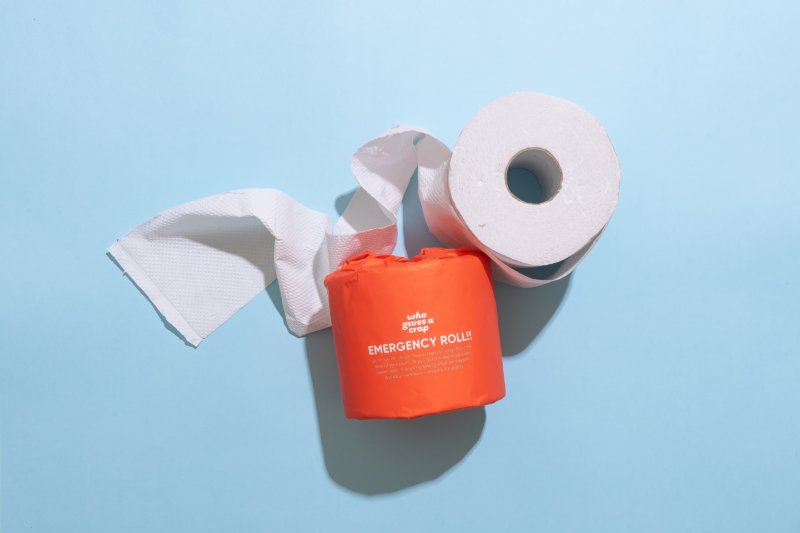Many manufacturers of toilet paper around the world cannot yet give exact dates when they will be able to ensure the normal supply of this product.

Problems with the supply of toilet paper have arisen in a number of countries since the start of the pandemic. So, in Italy, sales of this product jumped by 140%, in Australia - by 98%, and in the USA - by 60%. Naturally, this leads to shortages, when buying toilet paper becomes a real quest.
Needless to say, in some cases it even went as far as robbing stores, when this particular product was the target of the robbers. An ad appeared on Etsy, the author of which put up for sale 20 rolls of paper produced back in the 70s in the USSR at a price of $20 per piece. And the Jaques Coffee Plantation in Australia has even begun accepting rolls as payment instead of cash. However, in the latter cases, it is clearly more about the original PR.
A lot of jokes and cartoons on this topic have already appeared on the Internet, ridiculing people who have been overlaid with rolls. Well, the problem still persists. And according to the statements of some major manufacturers, it will not be solved in the near future.
The ongoing shortage of paper in many Western countries is not only the result of the population buying up all the rolls en masse. There are serious problems in the supply chain: demand is growing and raw material suppliers are simply not keeping up. There is another curious opinion - consumers have become more active in buying paper, not only because of the panic that has arisen, but also because they now go to the toilet more often at home, while they used to use these premises at work. Well, paper producers have not yet had time to reconfigure from the wholesale sector to the consumer sector. However, this statement can only be partly true, since a similar situation arose with many disinfectants, which means that there was still some panic.

So, some psychologists believe that the reason for the shortage of paper was precisely the fear that it might end. A certain role is played by the human desire to control the situation, which sometimes makes us commit completely inadequate actions. And also the herd instinct - since other buyers are actively purchasing any product, then I should do it too. A sort of peculiar "mental" epidemic, which also began in China. Moreover, the younger generation turned out to be much more resistant to this virus.
The problem with paper supplies is very acute in the US, where companies are heavily dependent on foreign suppliers of raw materials and finished products, primarily from China. Any overseas delay could create a domino effect in terms of product availability. For toilet paper vendors like Kimberly-Clark and Georgia-Pacific, this means a significant increase in the speed of doing business. And it's not so easy to change business processes that have been debugged for years.
Georgia-Pacific, one of the largest toilet paper suppliers based in Atlanta, admitted that "delivery times are uncertain" and it cannot predict when store shelves will be full again. According to the company, they had to increase production volumes and increase the number of distribution centers for 20%, but this is still not enough. The manufacturer is not able to name any dates when the work will be finally adjusted.
Problems with sales arise not only in conventional stores, but also online. And this poses a problem for the elderly or immunocompromised people who cannot physically go to the store. Small shops and large retailers in many countries have suffered from temporary shortages of all types of goods and are now deciding how best to manage inventory. Sometimes they even set limits on how many units of a particular product a customer can purchase.
There was also a situation in Russian stores when toilet paper disappeared from sale. Now deliveries have resumed, although in a number of places an increase in its cost has been noted.










